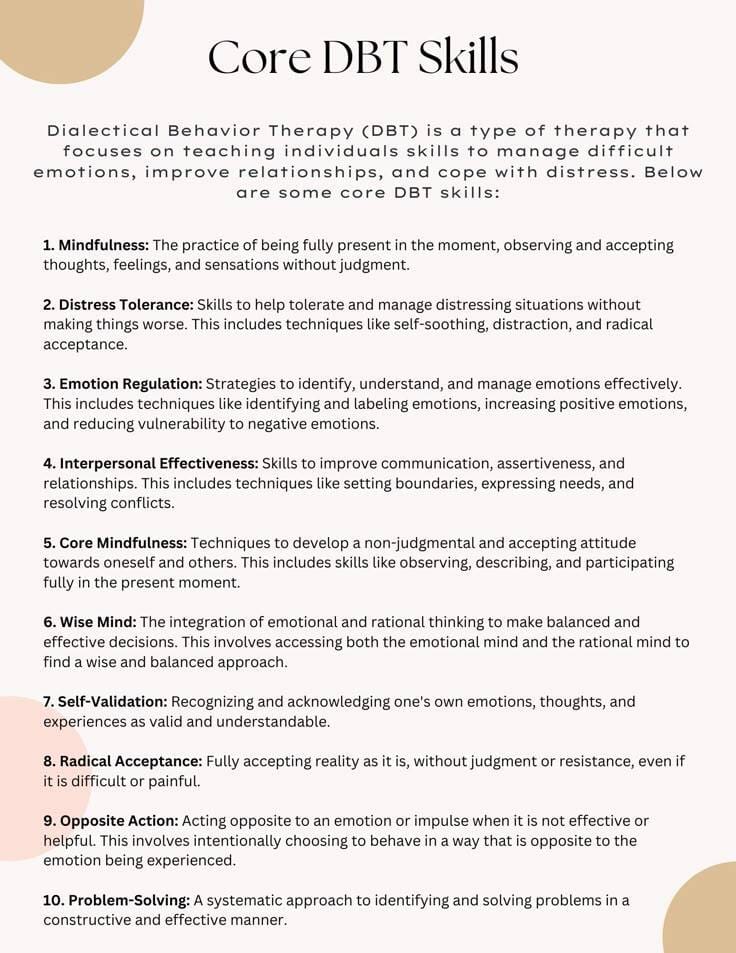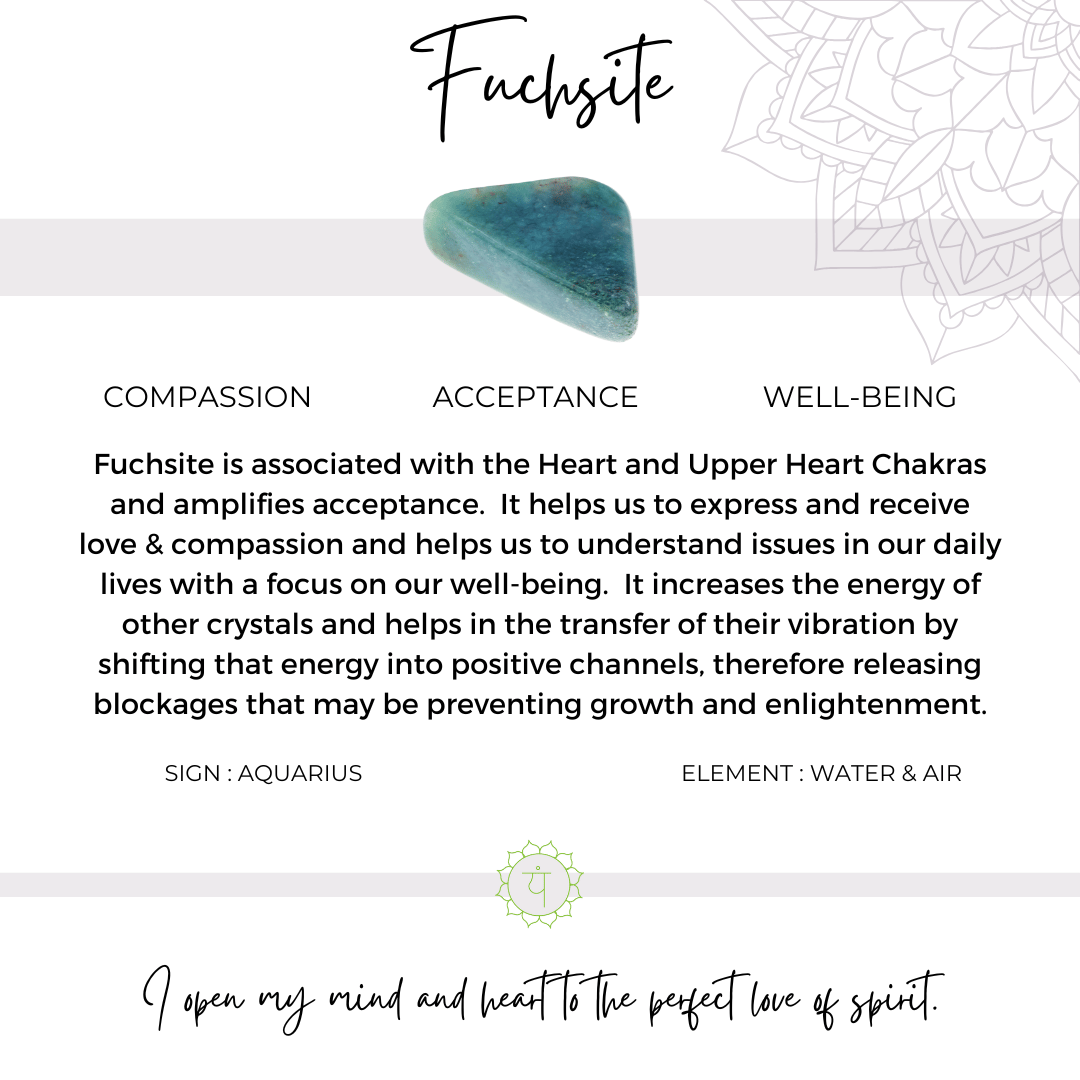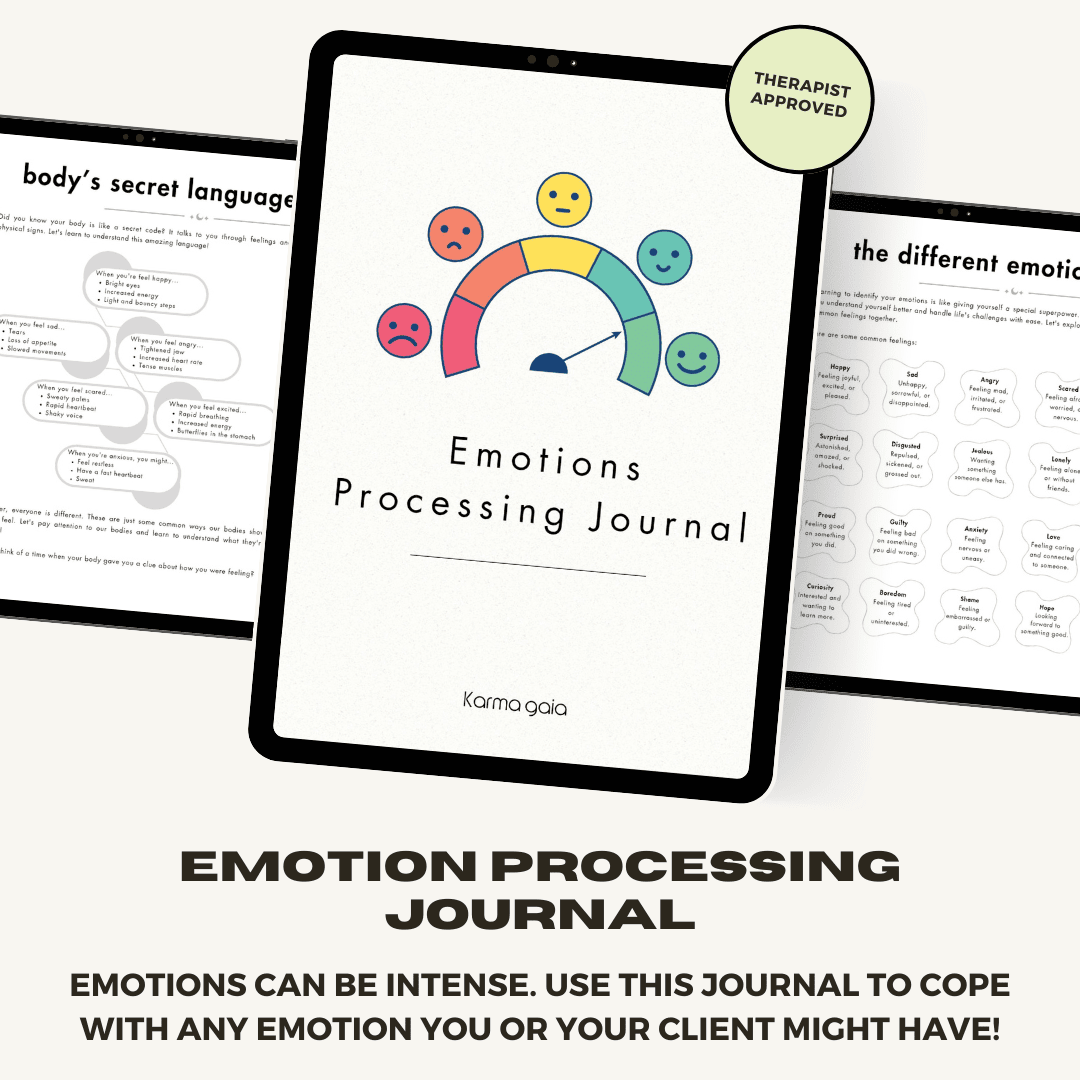- Karma Gaia
- Posts
- Emotional Debt
Emotional Debt
Why Suppressing Feelings Is Costing You More Than You Think...
Happy
hello
Thought of the day…
Emotional resilience is the art of bending without breaking, allowing ourselves to feel fully while cultivating the inner strength to rise again with each fall, transforming our wounds into wisdom.

IMAGE OF THE DAY

WEEKEND LEARNING
Emotional Debt: Why Suppressing Feelings Is Costing You More Than You Think
Have you ever pushed down a feeling, promising to deal with it later? That anger during a work meeting, grief that felt overwhelming, or anxiety that seemed inconvenient? If so, you've taken on emotional debt—and the interest is compounding daily.
Just as financial debt accrues interest, unprocessed emotions don't simply disappear. They multiply, creating what psychologists call "emotional debt"—a backlog of unexpressed feelings that drain your mental resources, physical health, and relationships.
"When we suppress emotions, we're essentially writing emotional IOUs to ourselves," explains Dr. Maya Hawkins, clinical psychologist. "These debts don't disappear—they're stored in both our psychological memory and physical body."
Science confirms this isn't just metaphorical. Suppressed emotions trigger stress hormones like cortisol, which—when chronically elevated—lead to inflammation, compromised immunity, and increased heart disease risk. The debt manifests in three ways:
Physical debt: Muscle tension, sleep disturbances, and lowered immunity
Mental debt: Reduced concentration, decision fatigue, and cognitive overwhelm
Relational debt: Diminished authenticity and unexpected emotional eruptions
The Compounding Effect
What makes emotional debt particularly insidious is its compounding nature. The longer emotions remain unprocessed, the more mental energy they consume.
"It's like having dozens of apps running in the background of your phone," says neuroscientist Dr. James Chen. "These suppressed emotions consume processing power even when you're not aware of them."
This explains why chronic suppressors often feel perpetually exhausted. Their emotional debt is draining their mental battery in the background.
The Real-World Impact
Consider these costs:
Productivity: Emotional suppression reduces workplace productivity by approximately 15%, costing the average professional roughly six hours of effective work weekly.
Health: People with high emotional suppression visit doctors 40% more frequently.
Relationships: Couples where partners regularly suppress emotions are 2.3 times more likely to separate within ten years.
Breaking the Debt Cycle
Unlike financial debt, emotional debt can't be consolidated. It must be processed:
1. Audit Your Emotional Accounts
Set aside time with a journal and ask:
What emotions do I regularly push aside?
When did I start suppressing these feelings?
What triggers my need to suppress?
"Simply acknowledging suppressed emotions begins the repayment process," says emotional intelligence coach Sonya Williams.
2. Create Small Daily Repayment Plans
Rather than processing years of suppressed emotions at once:
Allocate 5 minutes daily for emotional check-ins
Practice naming feelings without judgment
Allow yourself to physically express one suppressed emotion daily
3. Develop New Emotional Habits
"The most effective way to eliminate emotional debt is to stop creating new debt," explains Dr. Hawkins. This means:
Practice real-time emotional processing
Create language for expressing difficult feelings
Establish boundaries that honor your emotional needs
The Liberation of Emotional Solvency
Those who have paid down their emotional debt report profound shifts: increased energy, improved relationships, and what many describe as a sense of "lightness."
"I didn't realize how much energy I was using to contain old feelings until I finally processed them," shares Miguel. "It was like I'd been carrying a backpack full of rocks for years and finally put it down."
The journey to emotional solvency isn't always comfortable. But unlike the immediate gratification of suppression (which leads to long-term suffering), emotional processing offers short-term discomfort for long-term liberation.
The question isn't whether you can afford to process your emotions. The real question is: Can you afford not to?
DEAL OF THE DAY
Emotion Processing Journal
Limited Time: This offer expires in 60 hours!
Today's Deal: Get 80% OFF - Emotion Processing Journal
About: Unlock the power of emotional intelligence and self-regulation with our "Emotional Processing Journal," created by a Licensed Clinical Social Worker. This comprehensive bundle, available for immediate download, is designed to support both teens and adults in navigating their emotional landscapes and enhancing mental health.
👉 Process emotions and understand them 👉 Practice naming emotions 👉 Create your own safe space 👉 Learn about emotions and unmet needs 👉 Validate yourself 👉 Learn emotion myths And so much more...
TOGETHER WITH MOOD
This cannabis startup pioneered “rapid onset” gummies
Most people prefer to smoke cannabis but that isn’t an option if you’re at work or in public.
That’s why we were so excited when we found out about Mood’s new Rapid Onset THC Gummies. They can take effect in as little as 5 minutes without the need for a lighter, lingering smells or any coughing.
Nobody will ever know you’re enjoying some THC.
We recommend you try them out because they offer a 100% money-back guarantee. And for a limited time, you can receive 20% off with code FIRST20.
*Please support our sponsors. They help keep Karma Gaia free!
CRYSTAL OF THE DAY

THOUGHT OF THE DAY
Healing makes you realize that you should be afraid of losing yourself by trying to please everyone.
MEME


